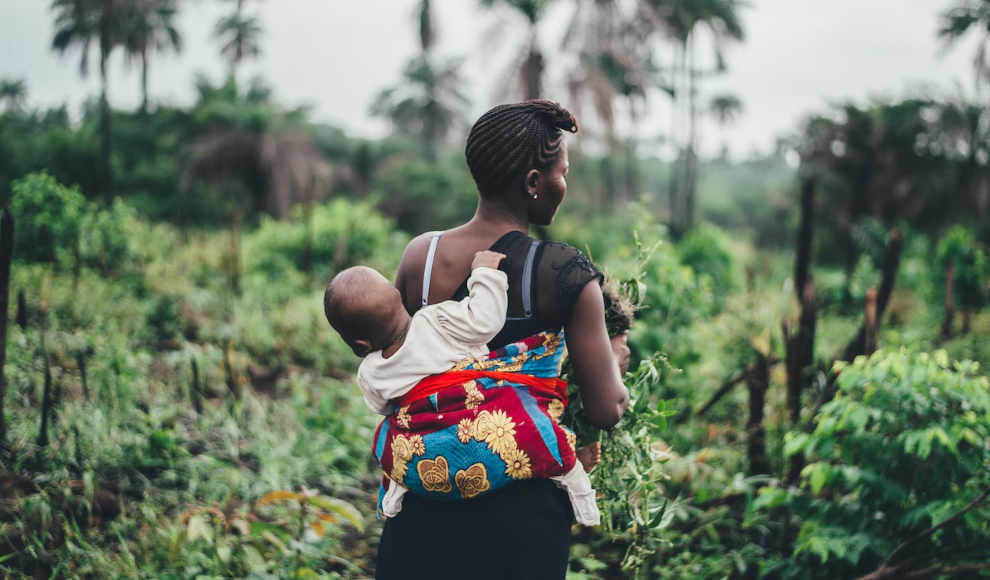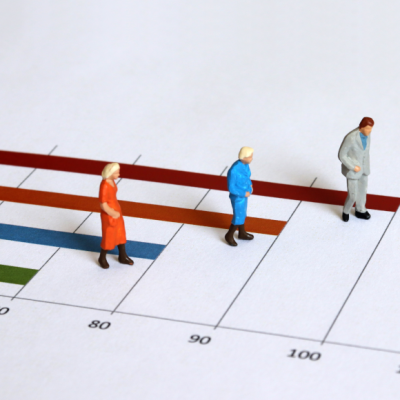The growth of the world population has significantly slowed down, but it is projected that by November 2022, there will be eight billion people on Earth. A study by the German Foundation for World Population (DSW) revealed that the world population is growing at a slower rate. The latest data published by DSW scientists shows that the growth rate is now below one percent per year, the first time since the United Nations (UN) began recording population growth. According to the UN’s World Population Prospects, the world population grew by 0.8 percent in 2021. Additionally, the COVID-19 pandemic has caused a decrease in life expectancy worldwide, which is now at 71 years, down from 72.8 years in 2019.
Despite the slower growth rate, the world population is still increasing rapidly in absolute numbers. As of World Population Day on July 11, 2022, the world population was already at 7.977 billion people, and the UN predicts that by November 15, 2022, there will be eight billion people on Earth. The deputy managing director of DSW, Angela Bähr, explains that birth rates are still high, particularly in the global south, where many girls and women have more children than they desire. Women in sub-Saharan Africa, for example, have an average of 4.6 children, which is still significantly higher than the global average of 2.3 children per woman.
The lack of sexual education and access to contraception are some of the reasons why many girls become pregnant at a young age, especially in sub-Saharan Africa. This often leads to dropping out of school and falling into poverty. Therefore, DSW is calling on the German government to make sexual education and access to contraception a fundamental aspect of feminist development policy. While the slower growth rate of the world population is a positive development, it is crucial to address the underlying issues that contribute to high birth rates in certain regions.










